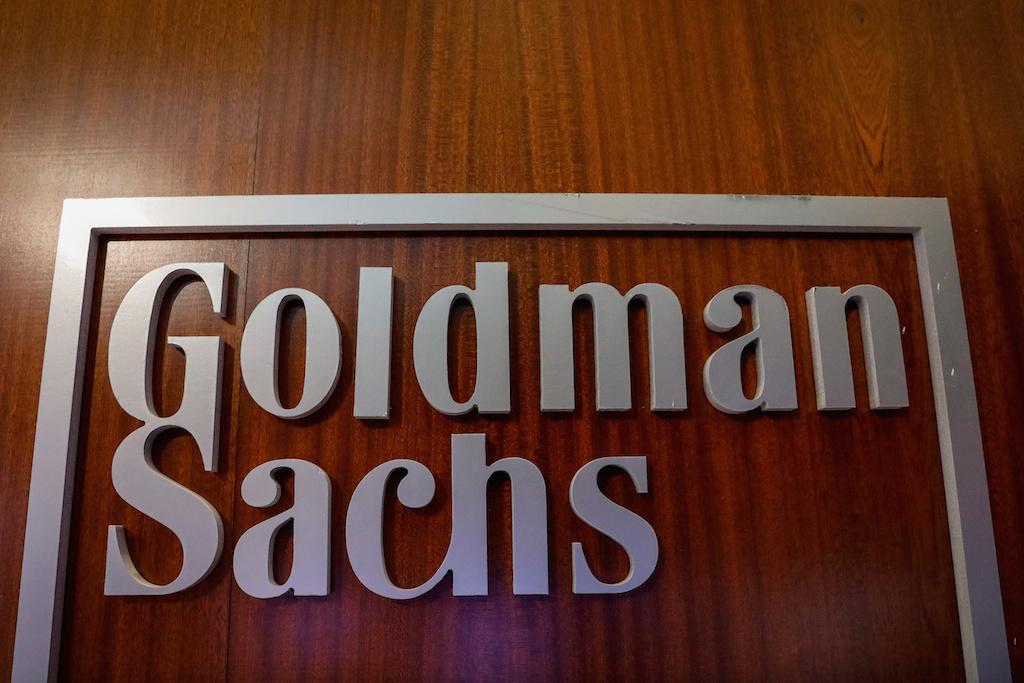Reports that AngloGold Ashanti Ltd. is considering a London listing provide some festive cheer to a city that’s lost its way as a home for gold miners.
While Toronto, Johannesburg, and Sydney have long hosted the biggest producers, London vies with New York as the world’s premier gold trading hub and its financiers have bankrolled the industry since the development of South Africa’s giant gold fields more than 130 years ago. When junior gold miners flocked to the city in the early 2000s, a renaissance seemed at hand.




